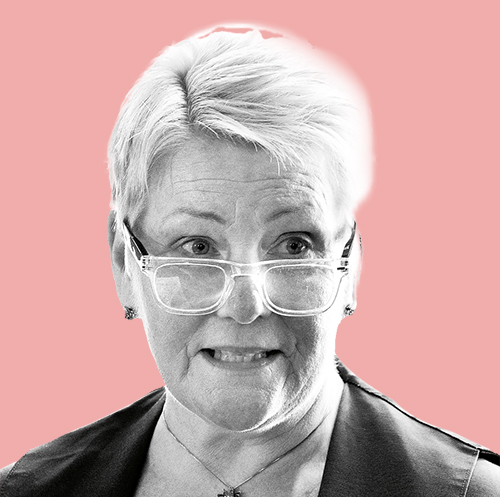
Caroline Gumble reflects on CIOB’s achievements from its modest roots into the leading professional institute that is today.
Last month we marked the 190th anniversary of the founding of CIOB, known back then as the Builders’ Society. Our story begins in a coffee house in London when a group of master builders got together for meetings to discuss the industry issues of the day.
In understanding the origins of our humble beginnings, I realise how much the ethos and values that define who we are as an organisation have been present from the very beginning.
To offer one example, founding member Sir Samuel Morton Peto started his career as an apprentice and joiner and went on to play a part in creating some of London’s most iconic landmarks, including Nelson’s Column and the Houses of Parliament. But his later working life was devoted to the public interest and public service by becoming an MP, a charity trustee and a mentor to young people in construction.
A few years later, in 1884, when the Builders’ Society was incorporated and became the Institute of Builders, our stated purpose was “to promote excellence in the construction of buildings and just and honourable practice in the conduct of business”. I like to think that we have held true to that – and plan to do so for years to come.
Significant milestones
It’s important to remember one of the most significant milestones for CIOB: in 1980 we gained our royal charter to become the Chartered Institute of Building. I believe this was hugely important in moving us forward as an organisation and further establishing our public interest remit.
While I don’t want to skip over our many achievements as an institute, it would be remiss of me not to acknowledge that our accomplishments are driven by our remarkable community of members. I want to thank all of them and CIOB staff – past and present – for their efforts in getting us to where we are today.
I recognise that so many of our global community of members have made invaluable contributions as volunteers, leaders, mentors and extraordinary examples of modern professionalism.
On a personal note, I regard my role as that of a custodian of this organisation. CIOB has had purpose and influence for nearly two centuries; it will continue after my tenure and be present for many more years to come, supporting, serving and setting standards for the built environment and those who create it.
Caroline Gumble is chief executive of CIOB.











